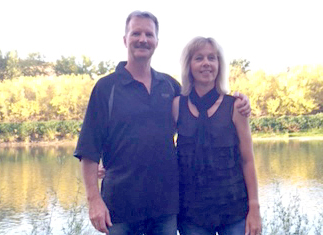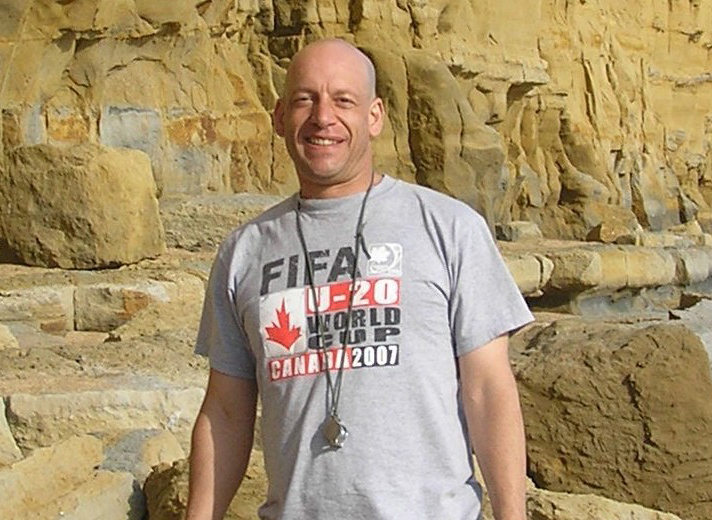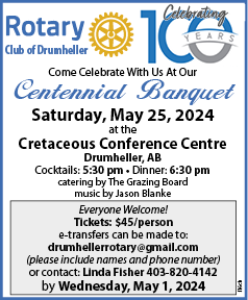
Sometimes love strikes like a lightning bolt, setting the world on fire. Sometimes it is a slow burning flame with embers that glow for months and even years. That was the case for Barrie and Janice Hoover.
Janice is a Southern Belle, originally from near the Del Bonita border crossing. She struck out as a young woman and was studying Home Economics at the University of Alberta when she met her match.
“We met in Edmonton when I was in university. He was up to visit his sister for the weekend,” recalls Janice. “He swept me off my feet.”
While sparks flew, Janice had some reservations, and career aspirations.
“We didn’t move too fast because I didn’t want to marry a farmer,” she chuckles.
He continued to come and visit when she was studying.
After she graduated, she began her professional life and spent much of her time working as a dietician in hospitals. Her career took her to Alberta and Winnipeg. She says they continued to date “a bit.”
About 20 years later, her path brought her back to Edmonton, and they continued to see each other.
“It was now or never,” she laughs. We were wiser when we were married.”
You never know what is going to work for a couple, but this worked for Barrie and Janice. They have now enjoyed 22 years of marital bliss and raised two children, Michelle and William. They have been very involved in the community through 4-H and many other community organizations.
“Family and community are the commonalities we both had,” she said.
As for living on a farm?
“The biggest fear was that you are tied to the animals and the land, and that is true, but now that I am older and wiser, country living has certainly had lots of great advantages,” she said.
When asked for the secret, her answer is simple: “Give and take.”
“When I listen to other ladies, I think I won the jackpot!”





























